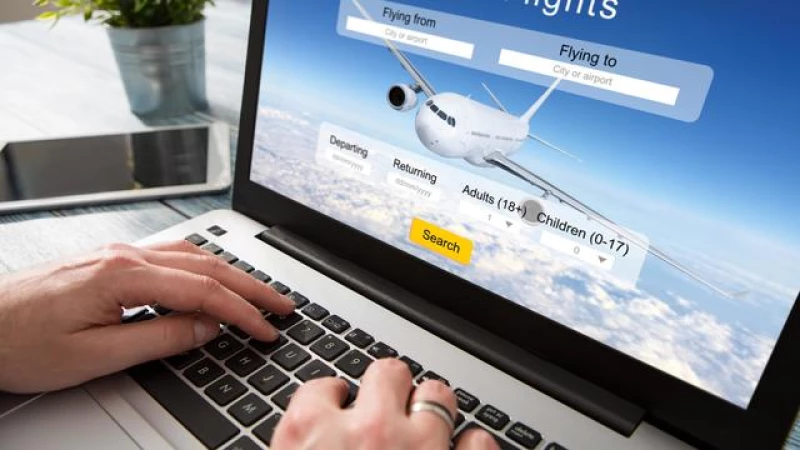As airlines continue to offer "unbundled" fares, it's becoming increasingly common for travelers to mistake low advertised prices for cheap plane tickets. However, for those looking to secure the best deal on flights as the summer travel season approaches, understanding how "drip pricing" can inflate airfare is crucial.
Opting for the cheapest base fare is no longer the most cost-effective strategy, as noted by travel experts. Airlines now frequently tack on additional fees for services like seat assignments, checked bags, snacks, or wifi.
"Nobody enjoys the feeling of being charged extra fees unexpectedly, making them feel like the initial flight price was deceptive," said Scott Keyes, the founder and CEO of travel platform Going.com, in an interview with CBS MoneyWatch.
It's essential to take these factors into account. While the initial price displayed for a flight on an online travel platform may appear enticingly low, once expenses like seat selection, baggage fees, and other extras are added, the total cost can significantly increase — sometimes surpassing that of an all-inclusive fare.
This model, commonly referred to as drip pricing, can certainly boost an airline's revenue, and proponents say it benefits consumers by allowing them to pay only for the perks they truly value. For their part, critics say it makes it harder to determine the true cost of flying and to compare prices among airlines.
Keyes traces drip pricing back to 2008, when airlines began charging passengers to check second bags. That allowed full-service carriers to offer a lower-cost, no-frills ticket in order to compete with budget carriers.
"That lower headline price brought people in — then they started adding seat-selection fees," Keyes said. "It's an innovation from the budget airlines that the entire industry has copied and that full-service airlines have adopted for themselves."
"It makes it very difficult"
For consumers, however, the problem with unbundling fares is it makes it trickier to compare what different airlines charge for tickets, experts told CBS MoneyWatch.
"It makes it very difficult to find out what the all-in price will be," said Columbia Business School marketing professor Vicki Morwitz, who authored a report on how consumers react to drip pricing
Her research shows that consumers tend to book the ticket option that looks cheaper upfront, but costs more once add-ons are factored in. "Consumers make a mistake and spend more money than they needed to spend," she explained.
According to Jay Sorensen, president of IdeaWorks, a consultancy that has worked with U.S. airlines, drip pricing can complicate the process of comparing airline ticket prices. However, Sorensen believes that this pricing strategy can actually benefit consumers by allowing them to pay for the specific extras they value, while disregarding those that are less important to them.
"While it may be more challenging to compare prices between different airlines and products, airlines, as profit-driven businesses, are not obligated to simplify the comparison process for consumers," Sorensen explained.
Sorensen drew a parallel between booking airfare today and grocery shopping.
"It's like going to the grocery store with your cart, adding items as you move through the aisles," he elaborated. "You start with a base fare and then customize your purchase by adding extras like checked bags, seat assignments, or other services during the booking process. This is a significant departure from how travel bookings were traditionally done in the U.S."







